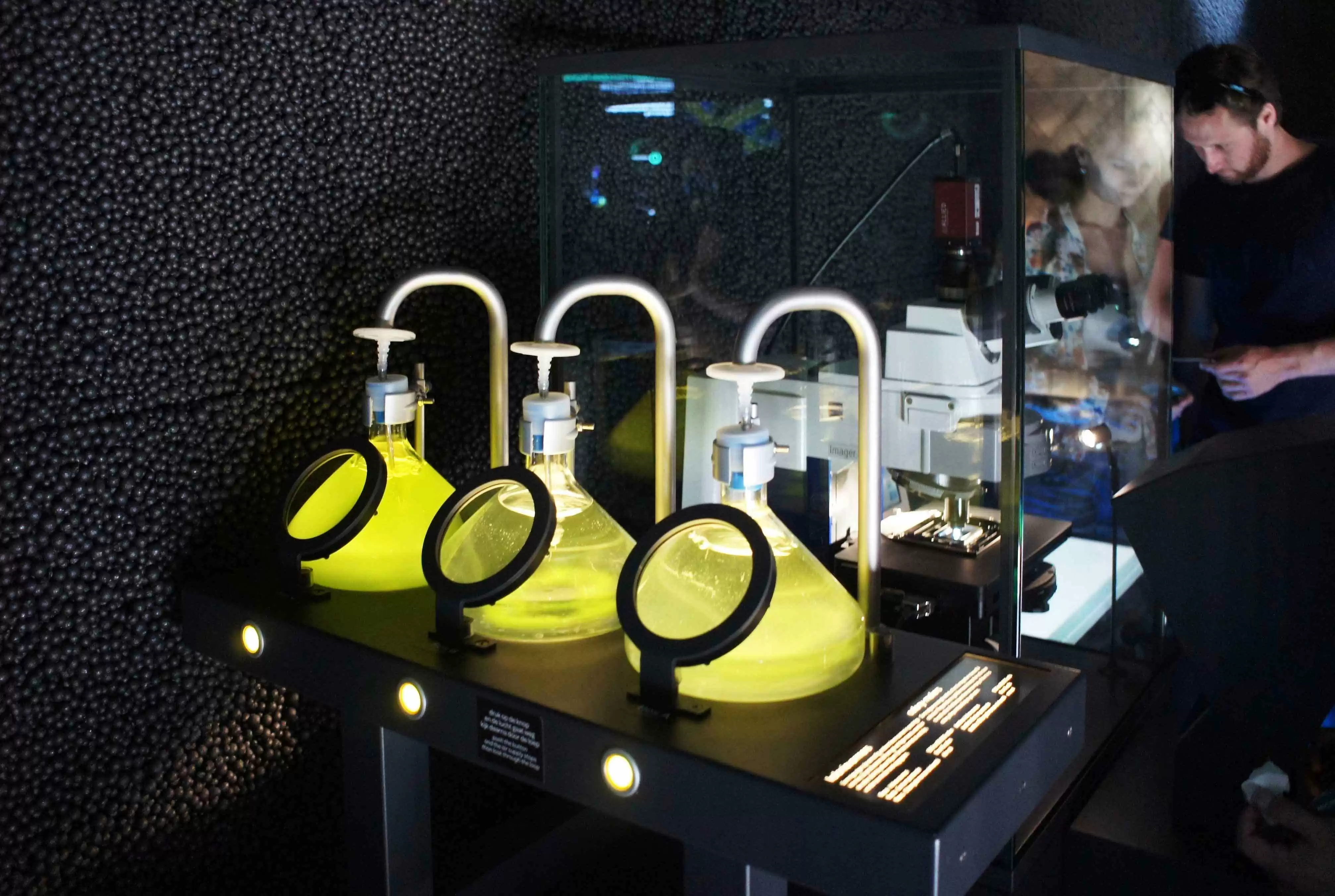
Celiac.com 11/02/2020 - Many people with celiac disease experience persistent symptoms despite adhering to the gluten-free diet. Different studies have assessed the use of probiotics as an adjuvant treatment for celiac disease.
A team of researchers recently set out to to evaluate the efficacy of probiotics in improving gastrointestinal (GI) symptoms and quality of life (QOL) in patients with celiac disease, and used EMBASE, MEDLINE, CINAHL, Web of Science, CENTRAL, and DARE databases to search for randomized controlled trials (RCTs) evaluating probiotics compared with placebo for treating celiac disease, before February 2019.
Celiac.com Sponsor (A12):
The researchers collected data on GI symptoms, QOL, adverse events, serum tumor necrosis factor-α, intestinal permeability, and microbiota composition. After examining 2,831 records, they found seven articles describing 6 RCTs, totaling 5,279 participants, that met their eligibility criteria for quantitative analysis.
Probiotic use increased Bifidobacteria an average of 0.85 log colony-forming units (CFU) per gram. When measured by the GI Symptoms Rating Scale, which measures average difference symptom reduction, probiotics reduced GI symptoms. However, there was no difference in GI symptoms after probiotics when different questionnaires were pooled.
There was just not enough data on tumor necrosis factor-a levels or QOL for probiotics compared with placebo. Meanwhile, the team saw no difference in adverse events between probiotics and placebo.
Because the overall certainty of the evidence ranged from very low to low, the best the team can say is that probiotics MAY be helpful to celiac patients. The team is calling for high-quality clinical trials to increase the certainty of the data in this matter.
Do you have celiac disease, and take probitiotics to help your gut health? Do they help? Share your experience in our comments section.
Read more in Am J Gastroenterol. 2020 Oct;115(10):1584-1595.
The research team included Caroline L Seiler, Michel Kiflen, Juan Pablo Stefanolo, Julio César Bai, Premysl Bercik, Ciaran P Kelly, Elena F Verdu, Paul Moayyedi, Maria Ines Pinto-Sanchez. They are variously affiliated with the Department of Medicine, Farncombe Digestive Health Research Institute, McMaster University, Hamilton, Ontario, Canada; the Population Health Research Institute, Genetic and Molecular Epidemiology Laboratory, Hamilton, Ontario, Canada; the Hospital de Gastroenterologia Dr C B Udaondo, Buenos Aires, Argentina; and the Celiac Center Beth Israel Deaconess Medical Center and Celiac Research Program, Harvard Medical School, Boston, Massachusetts, USA.










Recommended Comments
Create an account or sign in to comment
You need to be a member in order to leave a comment
Create an account
Sign up for a new account in our community. It's easy!
Register a new accountSign in
Already have an account? Sign in here.
Sign In Now